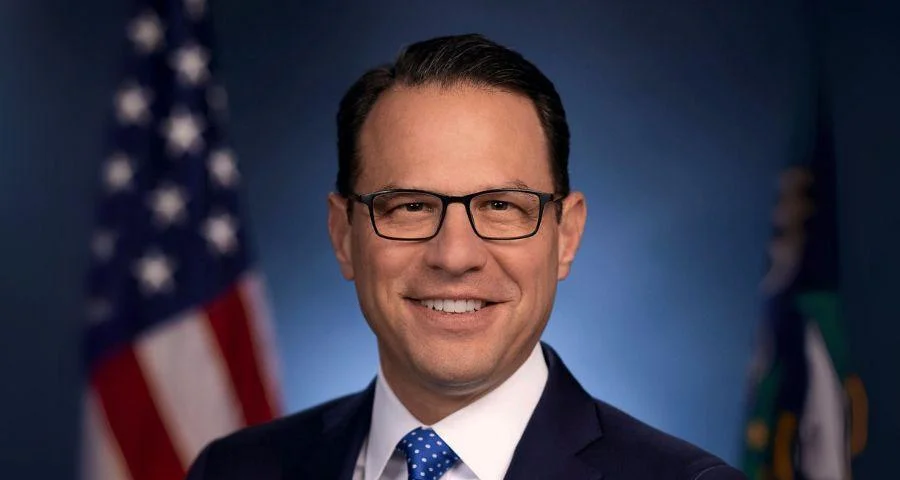
As a teacher, there are some moments when making comments won't be protected by the First Amendment. | Pexels
With tension at an all-time high in the education society, teachers may feel empowered now more than ever to share their opinions on current events.
It's important to know not everything may be protected in a teacher's right to express their opinion, Association of Texas Professional Educators reported. Even as American citizens who are entitled to certain protections under the First Amendment, public educators and administrators should remember that the protections from the First Amendment are not all-encompassing in every situation such as talking on social media or to a group of colleagues.
If an educator who teaches at a public school is speaking about their job duties, the First Amendment doesn't apply. If a public comment relates to their job, the First Amendment may not apply to the teacher making the comment, according to the Association of Texas Professional Educators (ATPE).
The ATPE continued to state a teacher's right to express their opinion can be weighed against the negative impacts at the school that result from the opinion, even in an instance in which the First Amendment would be considered applicable.
But the association encourages teachers to exercise caution and selective engagement on social media platforms. Access to personal profiles should be limited to family members, close friends and other trusted circles. When distant friends and acquaintances are included on a teacher's personal profile, the likelihood of having opinionated statements reported to employers increases.
Seemingly small things such as likes, shares and comments can have eventual impacts on a teacher's employment status. Even when a teacher's employer doesn't react to an opinion, the community might. It's not always about what the teacher said, but the reaction from the community.
Teachers should always take an extra moment to consider the potential consequences of expressing their opinions on a potentially controversial subject before doing so, according to ATPE.




 Alerts Sign-up
Alerts Sign-up